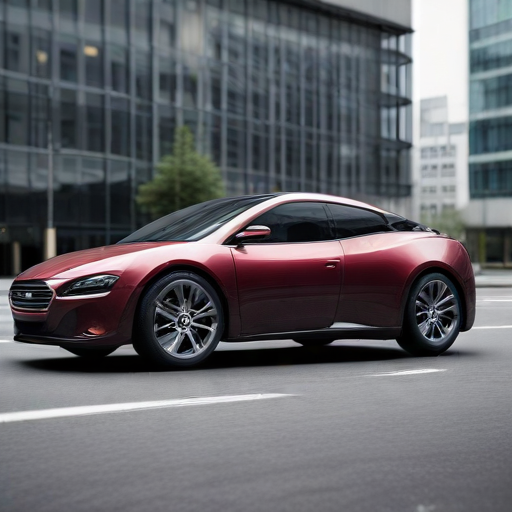Stellantis CEO Carlos Tavares has resigned from his position effective immediately, marking a significant shift in leadership at the automotive company. His departure comes as a surprise, especially since he had previously indicated his intention to retire when his contract expired in 2026. An executive committee will take charge of the company during the interim period and is tasked with selecting a new CEO, with aspirations to complete this process by the first half of 2025. John Elkann, the chairman of Stellantis, is set to lead this committee.
The resignation is reportedly the result of growing disagreements among major shareholders, the board, and Tavares, which have escalated in recent weeks. This conflict highlights the challenges Stellantis faces as it grapples with a 17 percent decline in sales across its six brands through the third quarter of 2024.
Tavares was the first CEO of Stellantis, having assumed leadership following the 2021 merger of Fiat Chrysler Automobiles and Groupe PSA. His previous initiatives at Groupe PSA included significant strategic moves, such as acquiring Opel and Vauxhall from General Motors in 2017. However, as Stellantis continues to face struggles in the automotive market, including considerations about potentially discontinuing less profitable brands like Alfa Romeo and Fiat, tensions within the board grew due to differing opinions on strategy, particularly regarding the balance between short-term fixes and long-term sustainability.
This change in leadership could signal a new direction for Stellantis, presenting an opportunity for fresh insights and strategies that may rejuvenate the company’s market performance. The incoming leadership will have the chance to realign the company’s focus and perhaps address the ongoing challenges in a manner that could lead to a more stable future for the automotive giant.
In summary, as Stellantis seeks a new CEO, this transition could pave the way for innovative leadership aimed at steering the company back to growth.
